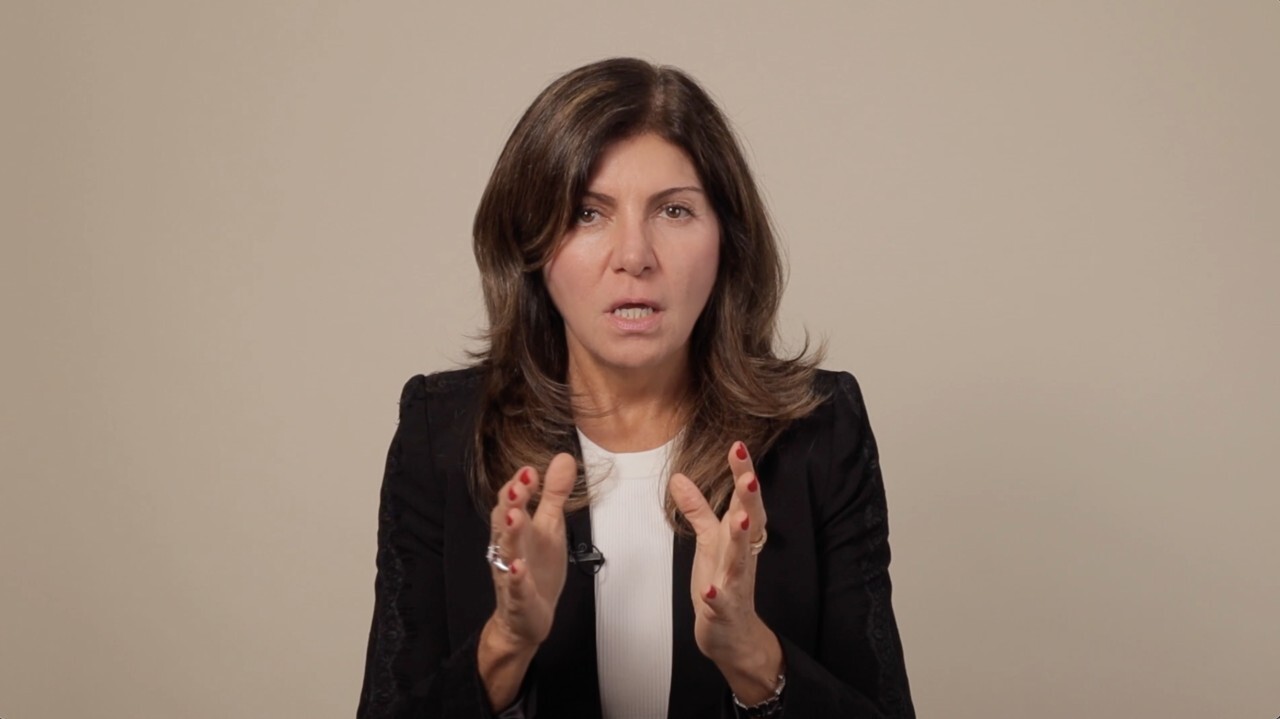House prices, groceries, petrol, and plane flights, Australia’s forfeit of living has gone through the roof as our economy tries to grapple with surging inflation.
Our inflation rate is now over 5% for the first time since 2001 and isn’t showing any signs of slowing.
In fact, Reserve Bank of Australia (RBA) Governor Lowe recently appeared on the ABC and told us inflation will likely get to 7% by the end of the year surpassing tapering off.

And some experts believe this icon could be as upper as 8% surpassing the tropical of 2022.
At the same time inflation in the US has hit a 40-year upper flagging snooping that Australia will protract to follow suit.
All this is putting pressure on our forfeit of living and Australians are feeling the pinch.
So much so that many are packing up and moving somewhere cheaper.
New data from removalist booking platform Muval’s 2022 Index shows that one in ten (11%) Australians have moved to slash living financing while increasingly than a third (36%) are likely to relocate to reduce expenses in the future.
According to the research, twice as many Australians would move considering of cost-of-living pressures (65%) as COVID disruptions (27%), and the financial squeeze has wilt so lattermost in recent months that a rent increase of $50 a week would prompt 40% of Australians to consider moving house.
Cheaper house prices, loss of employment opportunities or income, and rising electricity prices were moreover set to influence why and where Australians moved as living expenses unfurled to soar, equal to Muval CEO James Morrell.
“Our data is telling us that moving is one way Australians’ plan to gainsay forfeit of living pressures with many households that are feeling the pinch willing to pack up their lives to find a new home with the right price tag,” he said.
“Over the last two years we saw Australians move to escape COVID-19 and now they are searching for a increasingly affordable lifestyle.
“With inflation and interest rates rising rapidly, the cost-of-living crunch is set to disrupt millions of Australians and we expect there will be flipside wave of people looking to move house in the coming months,” Morrell said.
Here’s a dispersal of what’s happening in our three most major cities, and where movers are relocating to.
Victoria
Victoria, particularly Melbourne, suffered a huge exodus of people during the pandemic as workers fled north in search of lifestyle suburbs with cheaper housing and looser Covid-19 restrictions.
During the March quarter of 2021, Victoria lost 4,864 people.
But Muval’s new data suggests that Victorians are no longer leaving in droves with migration returning to pre-pandemic levels and the potential for net positive migration not far away.
The most popular places Victorians are moving to in 2022:
- Brisbane, QLD
- Gold Coast, QLD
- Sydney, NSW
- Bryon, NSW
- ACT
- Wanneroo, WA
- Charles Sturt, SA
- Onkaparinga, SA
- Hobart, Tas
- Launceston, Tas
The research shows that while the departures from Victoria have slowed, those who are moving are spreading wideness the country - the sea- and tree-change trend is driving Victorians north and moreover west or plane south to Tasmania.
NSW
Similarly to Victoria, NSW, particularly Sydney, moreover suffered a mass exodus of people as the sea-change trend took hold during the height of the pandemic.
During the March quarter of 2021, NSW shed 4,463 people.
Interestingly, NSW has been losing residents to other wanted cities since 2020, but it's not a one-way street - the research shows that 48% of Victorians and 32% of Queenslanders are most likely to move to NSW.
The most popular places Sydneysiders are moving to in 2022:
- Byron, NSW
- Port Macquarie, NSW
- Ballina, NSW
- Coffs Harbour, NSW
- Shoalhaven
As the research shows, interestingly, the majority of Sydneysiders are relocating from the municipality to lifestyle suburbs in regional coastal areas, rather than exiting the state altogether.
Queensland
Queensland is a variegated kettle of fish considering thanks to the sea- and tree-change trend and Queensland’s increasingly relaxed lockdown laws and cheaper property prices, the Sunshine State gained a net 7,035 people from interstate over the March 2021 quarter – while NSW shed 4,463 and Victoria lost 4,864.
It would come as no surprise that migration data showed that the Sunshine State was particularly popular since the onset of the pandemic.
And the population surge has had the widow bonus of helping to recipe a property market recovery that was once underway.
But Queensland's major municipality wasn’t immune from the migration trend.
Thanks to soaring house prices and rents in Brisbane during the past 12 months, Brisbane saw an increase in the number of its residents exiting to other major cities - for example, the Gold Coast saw increasingly than 300% growth in the first 6 months compared to the numbers recorded in 2021.
The population surge in these desirable areas has been enormous.
During Covid, interstate movers were the main contributors to regional areas and now housing affordability is driving South-East Queenslanders into regional areas.
The most popular places Queenslanders are moving to in 2022:
- Toowoomba, QLD
- Rockhampton, QLD
- Mackay, QLD
- Townsville, QLD
- Cairns, QLD
Like in NSW, the research shows that the majority of movers within our northern state have been municipality dwellers moving to coastal and regional suburbs within the state.
Location, location, location
While this recent research data reveals the areas which are most popular for movers in our three major states, this isn’t necessarily where I’d recommend ownership in.
When it comes to property, it’s worth remembering that location does 80% of the heavy lifting of a property’s wanted gain.
And this applies just as much to your home as for investment considering if you think well-nigh it, your next time home is unlikely to be your forever home.

You might end up keeping it as an investment or use the probity in that dwelling to buy a largest home, so it’s important to squint for an investment-grade property in the ‘right area’ rather than chasing a ‘top hotspot’, popular, or growth area.
But plane surpassing looking for the right location, make sure you have a Strategic Property Plan to steer you through the upcoming challenging times our property markets will encounter.
You see…property investing is a process, not an event.
Things have to be washed-up in the right order – and selecting the location and the right property in that location comes right at the end of the process.
The fact is, the property you will sooner buy will be the result of a sequence of questions you will need to ask and wordplay and a series of decisions you’ll need to make surpassing you plane start looking at locations.
Long surpassing we talk well-nigh a property or the right location with our clients at Metropole, we squint at factors including their age, their timeframes, and the desired end results in other words, what do they really want the properties to do – are they looking for mazuma flow, wanted growth, or a combination of both.
And that’s because what makes a unconfined investment property for me, is not likely to be the same as what would suit your investment needs.

So at Metropole, it all starts with helping our clients formulate a Strategic Property Plan which takes into worth their surplus mazuma spritz position, their risk profile (for example would they consider undertaking renovations or small development), and whether they currently own a home or are wanting to buy a new home or upgrade their existing home in the future, if they are going to earn increasingly income in the future, or if they’re going to subtract their family income considering they’re having a baby, how many other investment properties they own, where they are located and how they are performing plus 35 other considerations.
So whether you’re looking to buy a new home or an investment property and you want increasingly certainty and direction in these interesting times, my recommendation is to sit with an self-sustaining property strategist to formulate a plan.
It’s just too difficult to do on your own and I’ve found most investors tend to be too emotionally involved to see their situation objectively.
If you’re a beginner looking for a time-tested property investment strategy or an established investor who’s stuck or maybe you just want an objective second opinion well-nigh your situation, please leave us your details here and we’ll be in contact and requite you increasingly details well-nigh how to typesetting a Strategic Property Plan Consultation.















